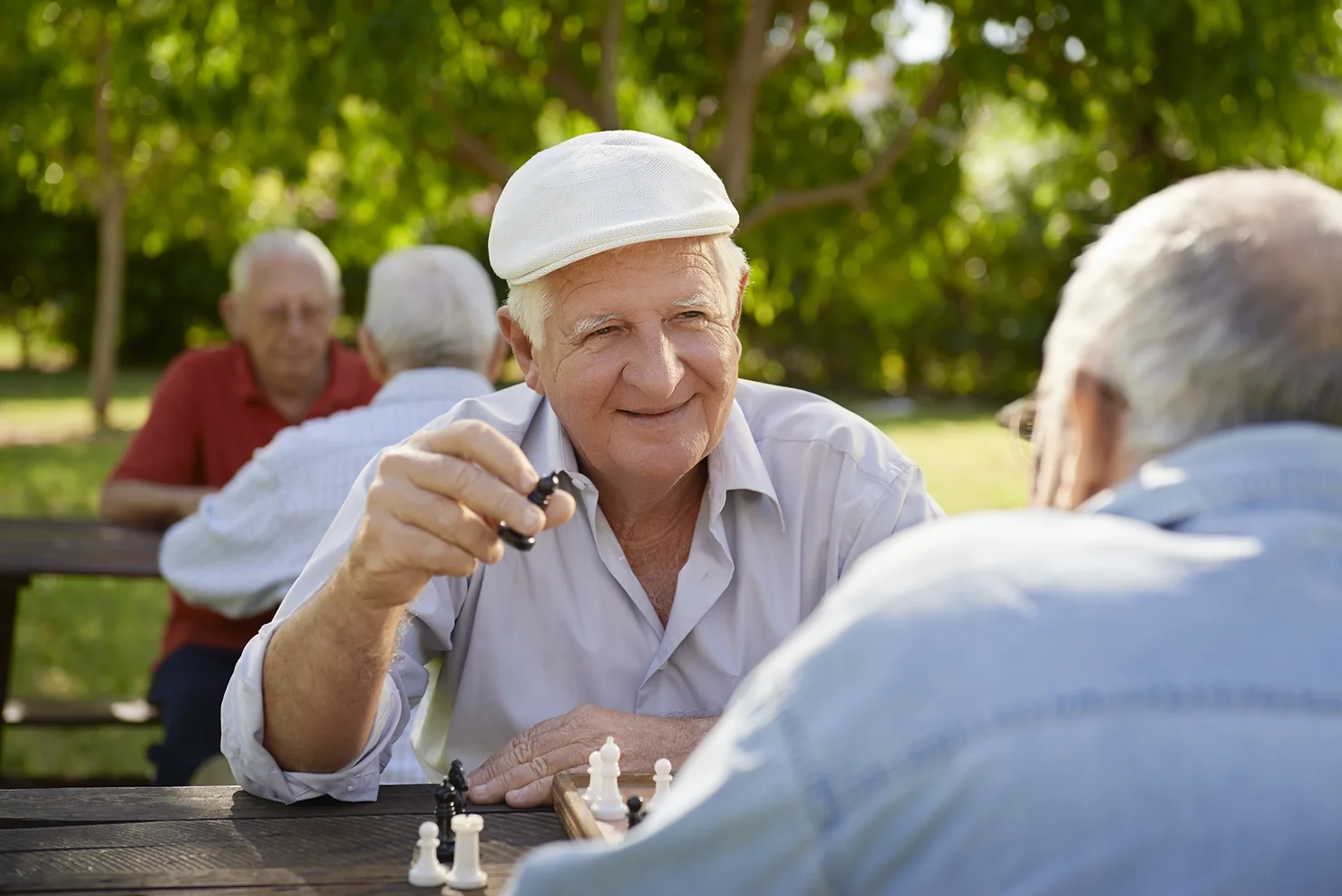
Reasons Why It's Important For Older Adults To Stay Active
As we get older, our bodies and minds begin to undergo changes. Older adults often experience decreased mobility, flexibility, and strength, which can lead to a sedentary lifestyle and increased dependency on others. That is why it is essential that older adults remain active.
Staying active can mean many different things to different people. It can be a daily walk, participating in yoga classes, lifting weights, gardening, dancing, or any other activity that keeps your body and mind moving. The important thing is to find an activity that they enjoy and can do on a regular basis.
The benefits of staying active in your senior years are numerous. Here are some reasons why it's important for older adults to stay active:
- Improves physical health: Regular physical activity can reduce the risk of chronic diseases, such as diabetes, heart disease, high blood pressure, and obesity. It can also improve bone and muscle health, which is especially important as we age.
- Improves mental health: Regular physical activity can help reduce stress, anxiety, and depression. It can also improve memory and cognitive function.
- Promotes Independence: Staying active can help older adults maintain their independence and ability to perform daily activities on their own. This can include simple tasks like preparing food and doing housework.
- Increases quality of life: Regular physical activity can improve the quality of life of older adults, increasing their energy and general well-being.
- Socializing: Participating in physical activities and sports can also provide an opportunity for socialization and meeting new friends.
In addition, physical activity can also be an effective way to prevent injuries and falls. Exercises that improve balance and coordination, such as yoga and tai chi, can be particularly helpful in this regard.
In conclusion, staying active is essential for the health and well-being of older adults. The benefits of regular physical activity are numerous, including improvements in physical and mental health, independence, and quality of life. If you're a senior, find an activity you enjoy and get moving today. If you have an elderly loved one in your life, encourage them to be active and support them on their journey to a healthier and happier life.
The term "senior adult" is used to refer to a person who has reached a certain age, generally from the age of 60 or 65. However, the definition of older adults varies by context and culture, and may be influenced by factors such as life expectancy, health, and functional capacity.
In general, the aging process is a natural and inevitable process that all human beings experience. As people age, they can experience a number of physical and mental changes that can affect their quality of life and ability to carry out daily activities.
Despite these challenges, many older people enjoy good health and have a wide range of interests and activities that allow them to stay active and participate in society. In fact, many older people continue to work, travel, socialize, and make significant contributions to society.
It is important to keep in mind that being an older adult does not mean that a person has lost their value or their ability to contribute to society. In fact, many older adults have a wealth of knowledge and skills that can be of great value to their community and to society at large.
Furthermore, as the world's population ages, new ways of addressing the challenges and opportunities associated with aging are developing. The World Health Organization (WHO) has promoted the concept of "active ageing", which refers to the idea that older people can continue to participate actively in society and in everyday life.
In summary, an older adult is a person who has reached a certain age, but that does not mean that they have lost their value or ability to contribute to society. With active aging and the promotion of health and wellness, older adults can continue to live full and meaningful lives and continue to make valuable contributions to their communities and to society at large.
The active participation of older adults in society is essential for healthy aging and for the general well-being of older people. Active participation can take many forms, such as volunteering, work, participation in social and cultural activities, and civic and political engagement.
The active participation of the elderly can have a series of important benefits for their physical, mental and emotional well-being. Here are some of the key benefits that have been identified through research and experience:
- Improves physical health: Active participation in activities such as physical exercise, volunteering, and work can help maintain the physical health of the elderly. Exercise can help prevent chronic diseases like diabetes and high blood pressure, and work and volunteering can provide a structured and regular form of physical activity.
- Strengthens mental health: Active participation can improve the mental and emotional health of older adults. Social isolation and loneliness are common problems in old age, and participation in social and cultural activities can help combat these problems and improve overall mood.
- Increases self-esteem: Active participation in the community and in meaningful activities can increase the self-esteem and sense of purpose of the older adult. Feeling valued and appreciated by others can be an important source of satisfaction and motivation.
- Encourages learning: Active participation in activities such as volunteering and work can provide the older adult with the opportunity to learn new skills and knowledge. Continuous learning can keep the mind active and prevent cognitive decline.
- Provides a sense of belonging: Active participation in the community can provide a sense of belonging and social connection. This can be especially important for older adults who have experienced significant loss of friends and family.
- Contributes to society: Active participation can allow the older adult to contribute to society in a meaningful way. Volunteering and work can provide opportunities to help others and make a difference in people's lives.
In summary, the active participation of the elderly can have a series of important benefits for their physical, mental and emotional well-being. Active participation can improve physical and mental health, increase self-esteem, foster learning, provide a sense of belongi



